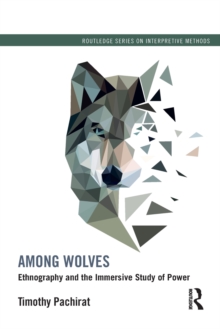
Interpreting International Politics EPUB
by Cecelia Lynch
Part of the Routledge Series on Interpretive Methods series
EPUB
Description
Interpreting International Politics addresses each of the major, "traditional" subfields in International Relations: International Law and Organization, International Security, and International Political Economy. But how are interpretivist methods and concerns brought to bear on these topics? In this slim volume Cecelia Lynch focuses on the philosophy of science and conceptual issues that make work in international relations distinctly interpretive. This work both legitimizes and demonstrates the necessity of post- and non-positivist scholarship.
Interpretive approaches to the study of international relations span not only the traditional areas of security, international political economy, and international law and organizations, but also emerging and newer areas such as gender, race, religion, secularism, and continuing issues of globalization. By situating, describing, and analyzing major interpretive works in each of these fields, the book draws out the critical research challenges that are posed by and the progress that is made by interpretive work. Furthermore, the book also pushes forward interpretive insights to areas that have entered the IR radar screen more recently, including race and religion, demonstrating how work in these areas can inform all subfields of the discipline and suggesting paths for future research.
Information
-
Download - Immediately Available
- Format:EPUB
- Pages:126 pages
- Publisher:Taylor & Francis
- Publication Date:04/12/2013
- Category:
- ISBN:9781136622243
Other Formats
- PDF from £33.29
- Paperback / softback from £33.79
- Hardback from £135.00
Information
-
Download - Immediately Available
- Format:EPUB
- Pages:126 pages
- Publisher:Taylor & Francis
- Publication Date:04/12/2013
- Category:
- ISBN:9781136622243










